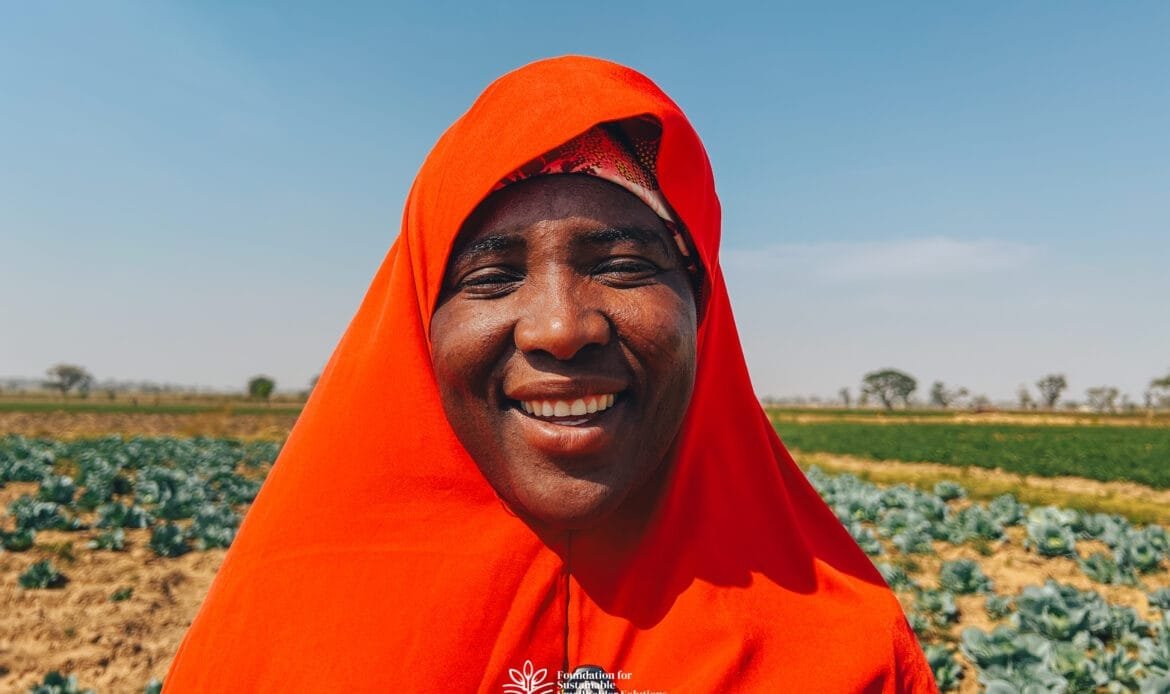A new gender-focused study by the Foundation sheds light on how gender dynamics shape access to improved crop varieties and the adoption of superior seeds among smallholder farmers in Northern Nigeria.
The study which was conducted across ten states; Kano, Benue, Nasarawa, Niger, Taraba, Kebbi, Jigawa, Bauchi, Kaduna, and the Federal Capital Territory, provides critical insights into the barriers and opportunities that influence women’s participation in agricultural innovation, especially the adoption of improved seed varieties.
The research engaged 191 smallholder farmers, organised under cooperative groups, with women representation averaging 64 percent of participants and men the remaining 36 percent. Using structured surveys and focus group discussions, FSSS examined access to information, decision-making power, and resource distribution. The findings reveal persistent gender gaps that continue to affect productivity, innovation uptake, and resilience across the region’s agricultural systems.
Key Findings
- Decision-making and agency. While women play vital roles in crop production, their influence over varietal selection remains limited. The study found that men and women make joint decisions in nearly half of households, though men are typically the final deciders. Only one in four women reported full autonomy in choosing what to plant. Women identified access to credible information, training through women’s groups, and improved land security as key factors to strengthen their voice in household and farm-level decisions.
- Access to information. Women rely heavily on interpersonal networks for agricultural information. Seventy-eight percent reported receiving updates from field days and extension agents, compared with 40 percent of men. Women’s groups and cooperatives serve as critical learning spaces—reinforcing the value of peer networks and participatory learning models in agricultural communication.
- Barriers and constraints. The analysis highlights systemic barriers that limit women’s participation in trials and innovation. These include smaller farm sizes, lack of capital for trial participation, and restrictive social norms that limit mobility and decision-making. Seventy-eight percent of women cited the high cost of certified seeds as the most significant barrier to adoption, while 44 percent noted limited access to fertiliser.
- Trait preferences. Women’s preferences often differ from men’s. While men tend to prioritise yield and field performance, women value early maturity, good taste, and labour efficiency; traits that align with their dual responsibilities in both farm production and household management.
Policy Implications
To close these gaps, the report calls for evidence-based interventions that place women at the centre of agricultural research and outreach. Recommended actions include:
- Implementing low-input trials to ensure variety performance data reflect women’s real farming conditions.
- Promoting gender-inclusive participation by involving women not only as labourers but also as hosts and evaluators in participatory varietal selection and TRICOT trials.
- Strengthening women’s groups and cooperatives as key platforms for peer learning, seed dissemination, and sustainable adoption.
- Designing gender-sensitive communication materials using local languages, visual formats, and radio-based content that accommodate different literacy levels.
- Recruiting and training more female extension agents to increase trust and accessibility, particularly in communities where gender norms are restrictive.
Conclusion
There is no contesting that women smallholder farmers remain central to Nigeria’s agricultural productivity, yet they habitually face structural and social barriers that constrain their full participation in the sector, especially innovation. This study calls for deliberate, evidence-based strategies that make variety testing and dissemination more inclusive and reflective of women’s farming realities.
Through our ongoing programmes, FSSS is committed to transforming these insights into practical, gender-responsive solutions that ensure innovation works for every farmer, regardless of gender.
The full report, Gender Analysis Report 2025: Advancing Women’s Participation in the Adoption of Superior Varietal in Nigeria, is available on FSSS Knowledge Repository.


